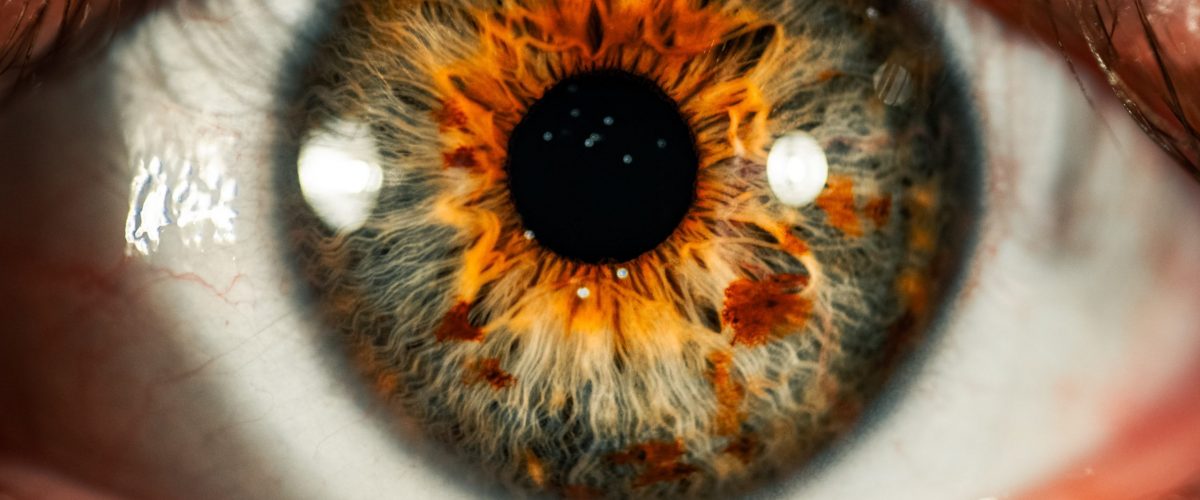By H&H Admin
There are endless medical problems that can affect your ability to drive safely – both temporary and permanent and in this article we focus on your vision.
Failing eyesight can affect your balance and reaction times – all of which can affect your safety on the road. Your fitness to drive affects the safety of other road users.
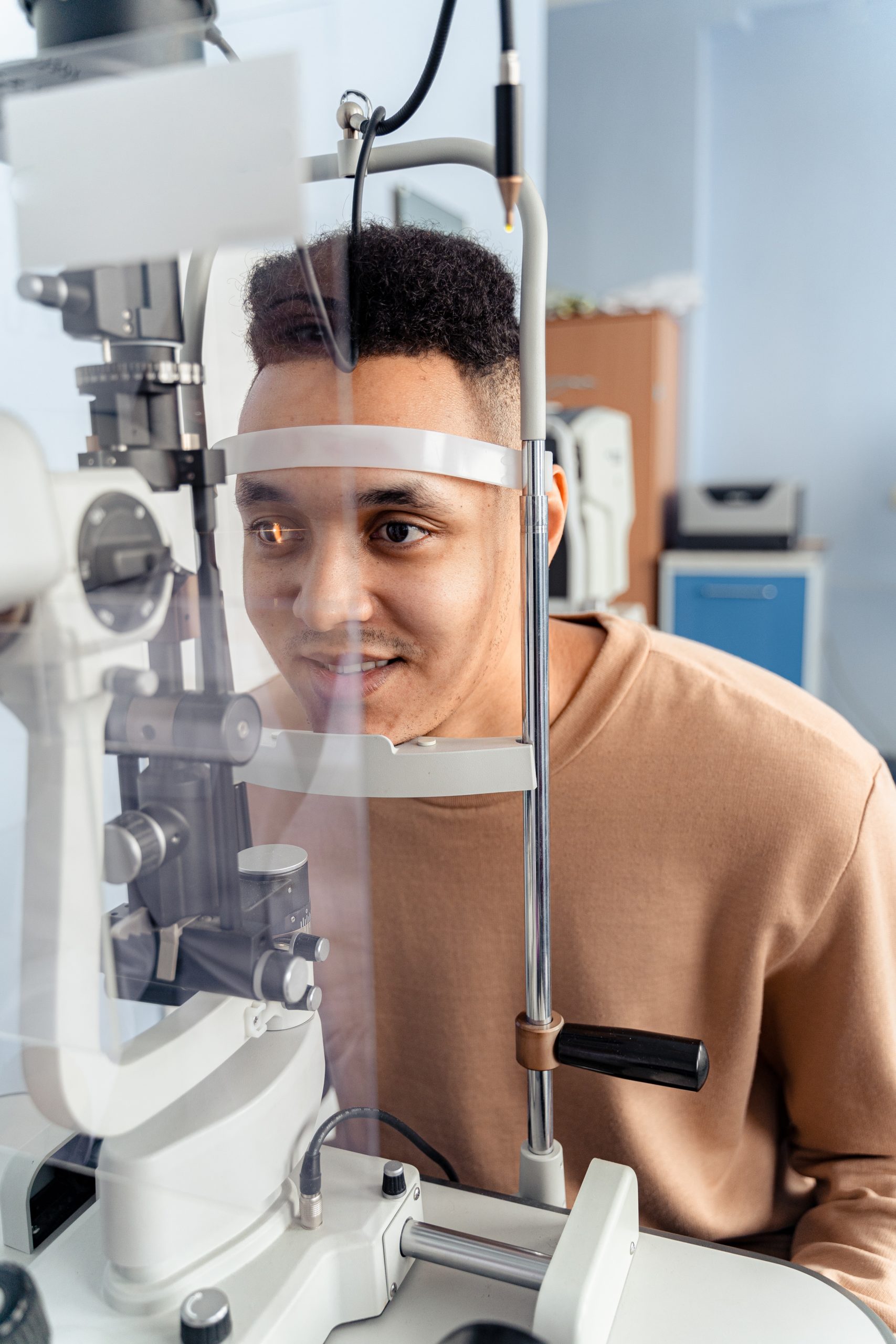
Cataracts
Cataracts occur when the lens of the eyes becomes opaque, causing blurred vision. Cataracts can affect one or both eyes and are very common. Early stages may not cause much trouble, but in later stages, the blurred vision can cause issues like glare from headlights, poor night vision, and double vision.
Driving safely requires clear vision, so cataracts can have a major impact on your performance behind the wheel. However, in most cases, corrective surgery is available to relieve symptoms and make driving possible again.
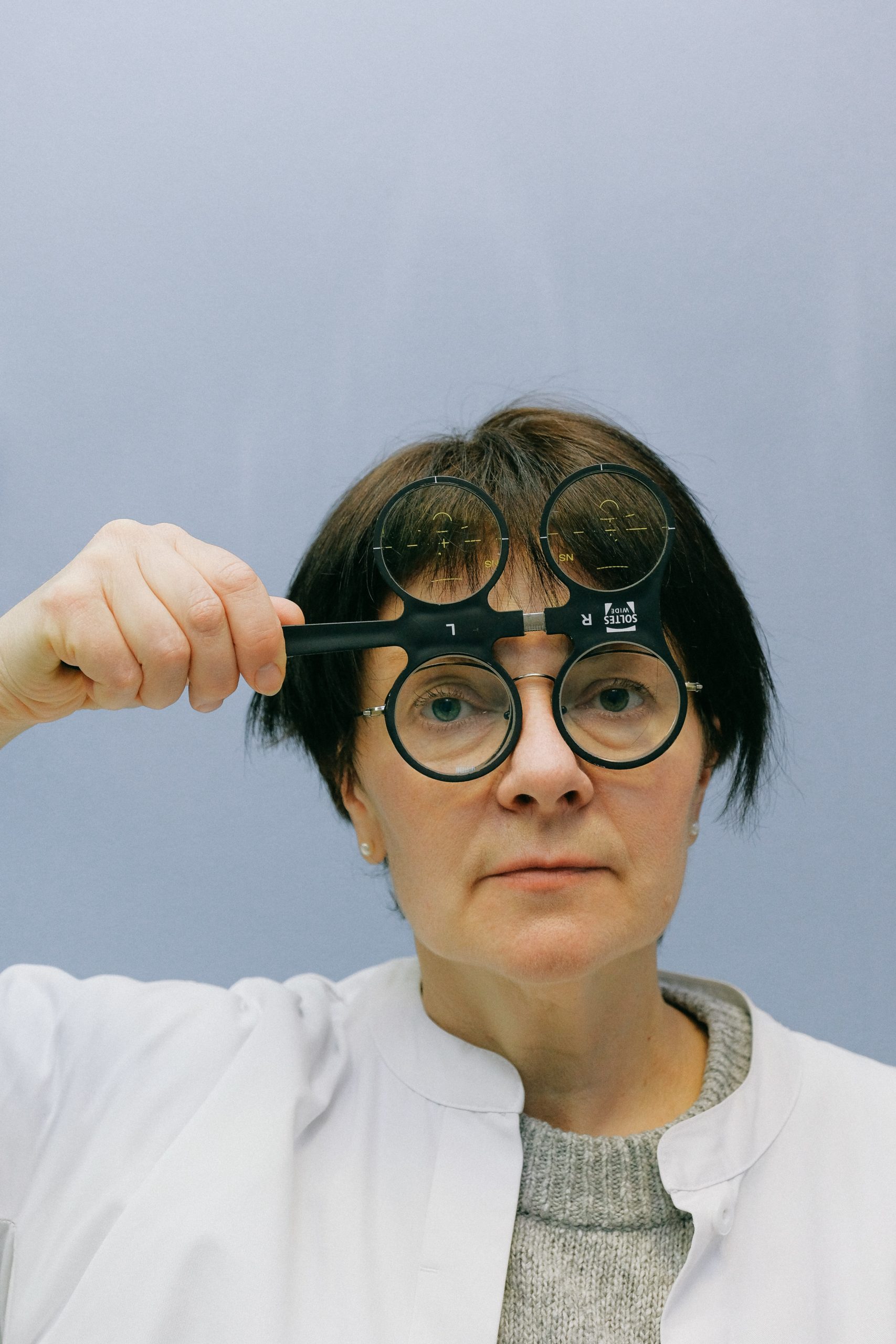
Glaucoma
Glaucoma is a complicated disease that damages the optic nerve, the health of which is vital for good vision. Glaucoma is one of the leading causes of blindness for people over the age of 60 although it can occur at any age.
Many forms of glaucoma have no warning signs. Rather, the effect is so gradual that you may not notice a change in vision until the condition is at an advanced stage.
The signs and symptoms of glaucoma vary depending on the type and stage of your condition, but include the following:
Open-angle glaucoma
- Patchy blind spots in your side (peripheral) or central vision, frequently in both eyes
- Tunnel vision in the advanced stages
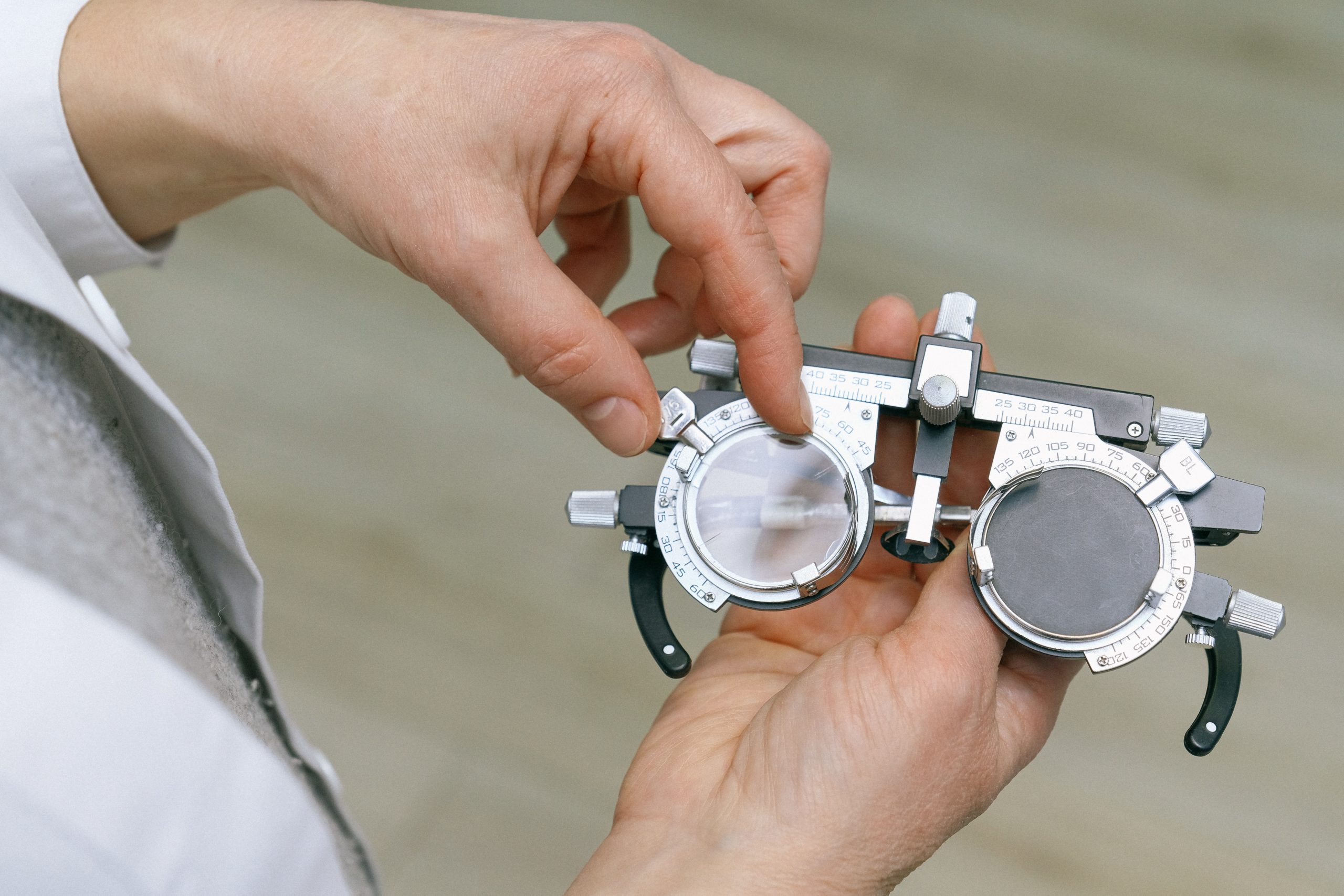
Acute angle-closure glaucoma
- Severe headache
- Eye pain
- Nausea and vomiting
- Blurred vision
- Halos around lights
- Eye redness
If left untreated, glaucoma will eventually cause blindness.

Macular Degeneration
Also known as age-related macular degeneration (AMD), macular degeneration is an eye disease that worsens over time. Macular degeneration happens when the small central portion of your retina, (the light-sensing nerve tissue at the back of your eye), also called the macula, wears down. The disease happens as you get older and gradually causes distortion in your central field of vision, making objects appear less defined or sharp.
Another form of macular degeneration, called Stargardt disease or juvenile macular degeneration, affects children and young adults. Symptoms of macular degeneration may include:
- Blurry or increasingly unclear vision
- Dark, blurry areas in the centre of your vision
- Different colour perception
Macular degeneration can make seeing objects such as road signs, cyclists, motorcyclists, and pedestrians, difficult to see. There is no cure for macular degeneration. If the condition becomes increasingly worse, individuals may need to find alternative means of transport.
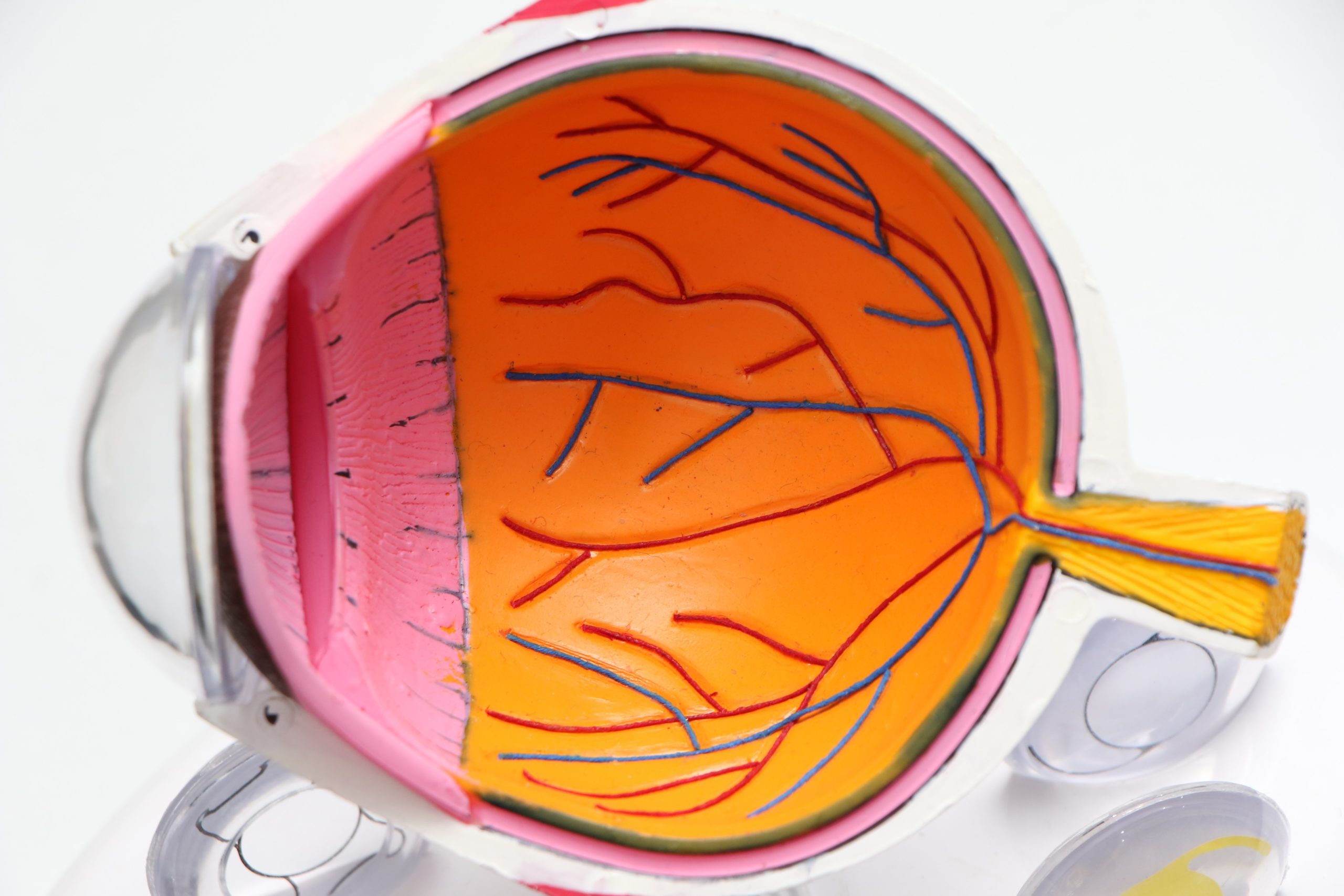
Your health affects your perception, response time, ability to control the vehicle, and ability to judge situations and as such, it is advisable that you get regular eye tests to ensure the good health of your eyesight.
